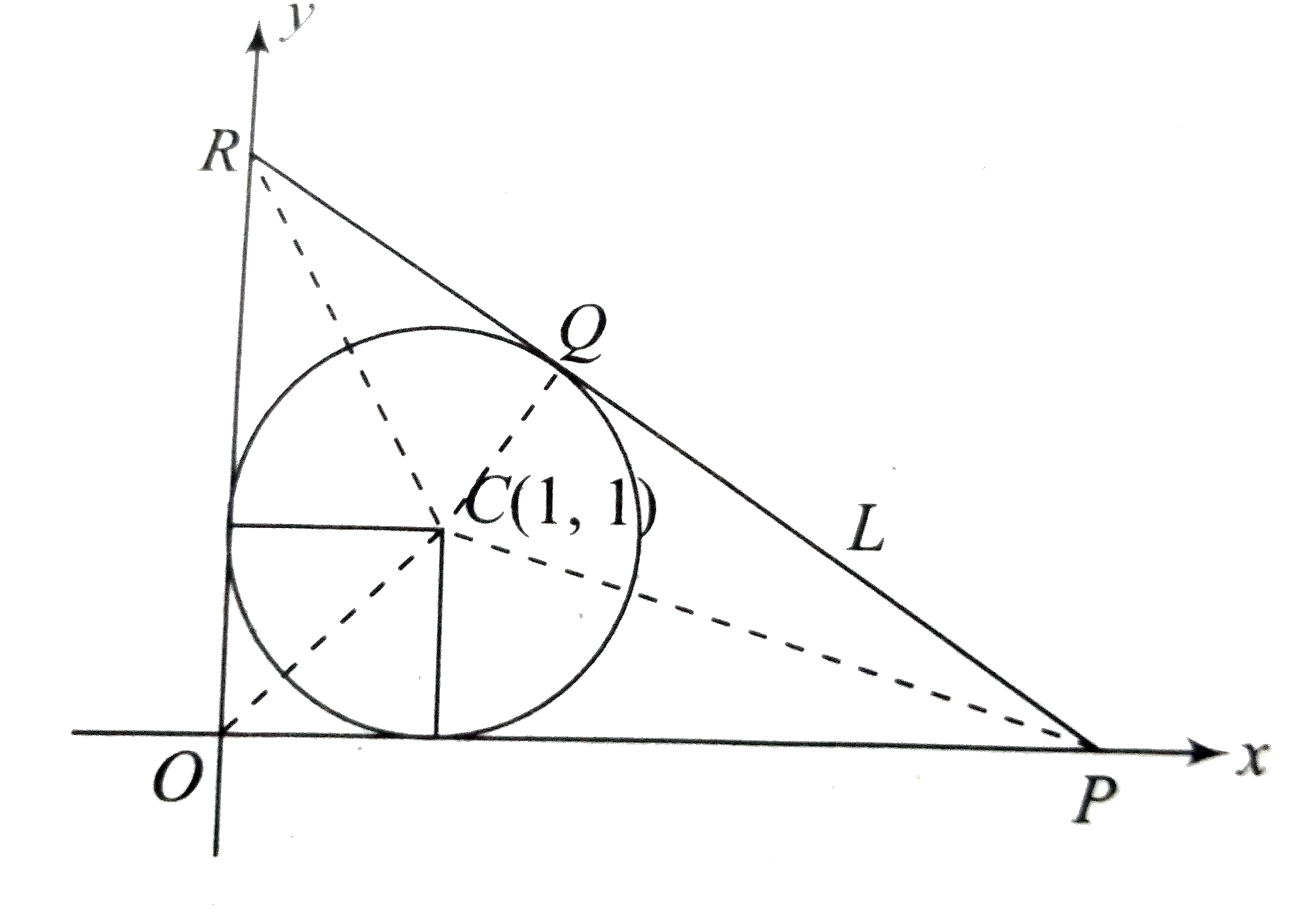If a,b are complex numbers and one of the roots of the equation x2+ax+b=0 is purely real, whereas the other is purely imaginary, prove that a2−(¯a)2=4b.Solution in Bengali
2
4
6
8
The correct Answer is:B
(b) Let us consider α as the real and iβ as the imaginergy root. Then
α+iβ=−a
⇒α−iβ=−¯a
⇒2α=−(a+¯a) and 2iβ=−(a−¯a)
⇒4iαβ=a2−¯a2
⇒a2−¯a2=4b
Topper's Solved these Questions
- COMPLEX NUMBERSBOOK - CENGAGE PUBLICATIONCHAPTER - COMPLEX NUMBERSEXERCISE - Multiple Correct Answer
11 Videos
- COMPLEX NUMBERSBOOK - CENGAGE PUBLICATIONCHAPTER - COMPLEX NUMBERSEXERCISE - Matching Column
1 Videos
- CIRCLESBOOK - CENGAGE PUBLICATIONCHAPTER - CIRCLESEXERCISE - Comprehension Type
8 Videos
- CONIC SECTIONSBOOK - CENGAGE PUBLICATIONCHAPTER - CONIC SECTIONSEXERCISE - All Questions
102 Videos
Similar Questions
Complex numbers whose real and imaginary parts x and y are integers and satisfy the equation 3x2−|xy|−2y2+7=0, Find the value of x and y.
View SolutionEvaluate :
i−47
View Solution
In the diagram as shown, a circle is drawn with centre C(1,1) and radius 1 and a line L. The line L is tangent to the circle at Q. Further L meets the y-axis at R and the x-axis at P in such a way that the angle OPQ equals θ where 0<θ<π2.
Coordinate of Q is
View SolutionGiven that A(1,1) and B(2,−3) are two points and D is a point on AB produced such that AD=3AB. Find the coordinates of D.
View SolutionThe quadratic equation p(x)=0 with real coefficients has purely imaginary roots. Then the equation p(p(x))=0 has
A. only purely imaginary roots
B. all real roots
C. two real and purely imaginary roots
D. neither real nor purely imaginary roots
View SolutionIf a,b,c are nonzero real numbers and az2+bz+c+i=0 has purely imaginary roots, then prove that a=b2c.
View SolutionIf a,b are complex numbers and one of the roots of the equation x2+ax+b=0 is purely real, whereas the other is purely imaginary, prove that a2−a−2=4b.
View SolutionIf roots of the equation z2+az+b=0 are purely imaginary then
View SolutionIf a, b are complex numbers and one of the roots of the equation x2+ax+b=0 is purely real whereas the other is purely imaginery, and a2−¯a2=kb, then k is
View SolutionIf a and b are complex and one of the roots of the equation x2+ax+b=0 is purely real whereas the other is purely imaginary, then
View SolutionConsider a quadratic equation az2bz+c=0, where a,b and c are complex numbers.
The condition that the equation has one purely imaginary root , is
View SolutionThe quadratic equation p(x)=0 with real coefficients has purely imaginary roots. Then the equation p(p(x))=0 has A. only purely imaginary roots B. all real roots C. two real and purely imaginary roots D. neither real nor purely imaginary roots
View SolutionIf a,b are complex numbers and one of the roots of the equation x2+ax+b=0 is purely real, whereas the other is purely imaginary, prove that a2−(¯a)2=4b.
View SolutionIf a, b are complex numbers and one of the roots of the equation x2+ax+b=0 is purely real whereas the other is purely imaginery, and a2−¯a2=kb, then k is
View SolutionIf a and b are complex and one of the roots of the equation x2+ax+b=0 is purely real whereas the other is purely imaginary, then
View SolutionIf a, b are real, prove that the equation z2+az+b=0 will not have any purely real solution if a2< 4b.
View Solution
